Currently I have this table yeast_module which has this field beer_style
Which currently, every single row in the yeast_module has this beer_style data
American Amber,American Brown Ale,American India Pale Ale,American Pale Ale,American Porter,American Stout,Barleywine Ale,Belgian Dark Strong Ale,Belgian Table Bier,Belgian Wit,Blonde Ale,Cream Ale,Dusseldorf Altbier,English Brown Ale,English India Pale A
Now, I wondering if I can split it and select it distinctly.
I'm playing around on this command
SELECT DISTINCT beer_style FROM yeast_module
My expected output is
American Amber,
American Brown Ale,
So on..
